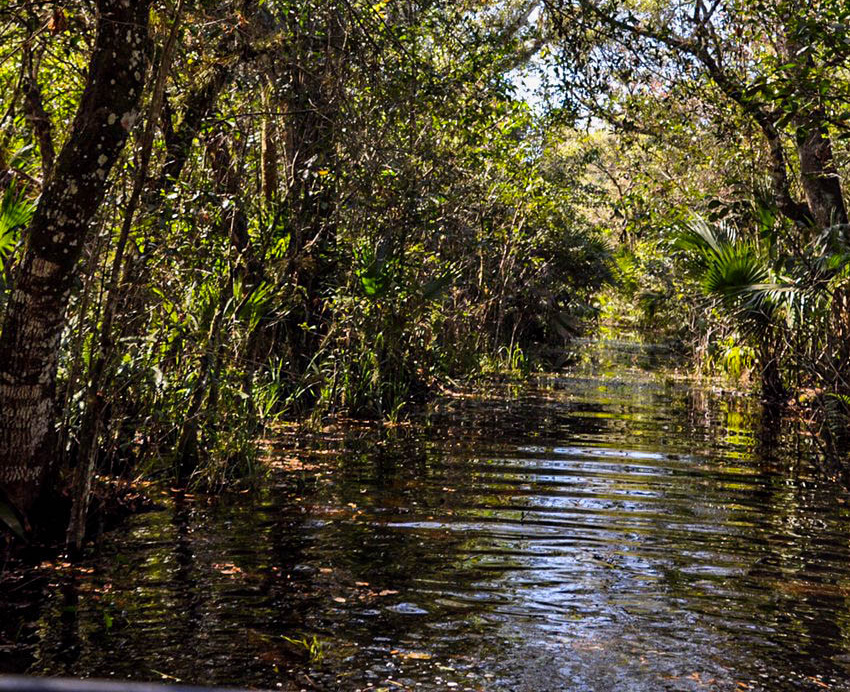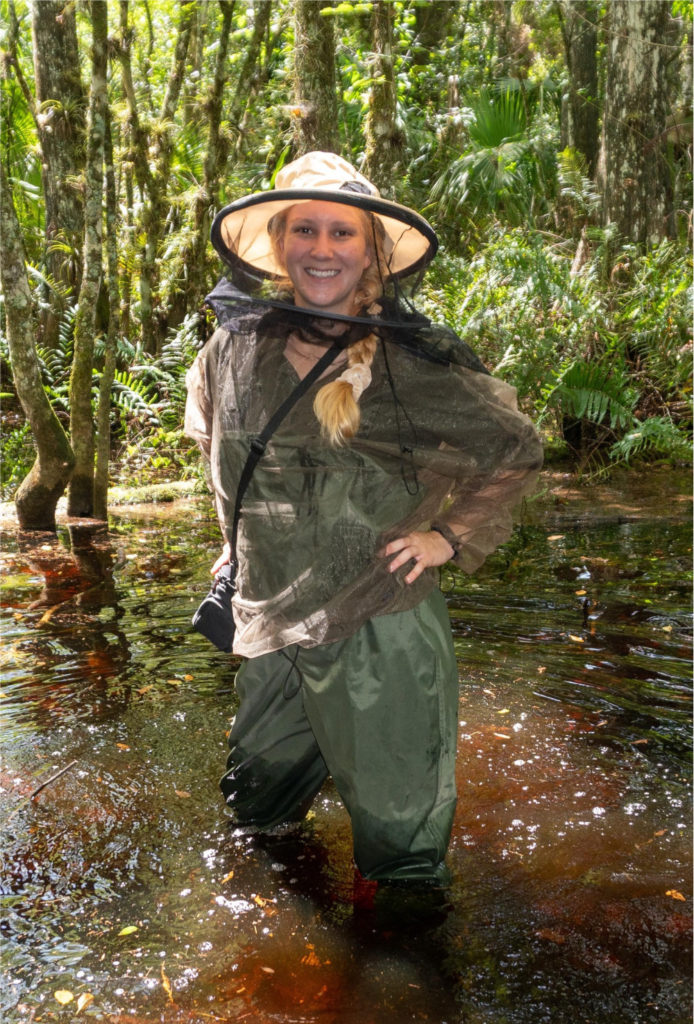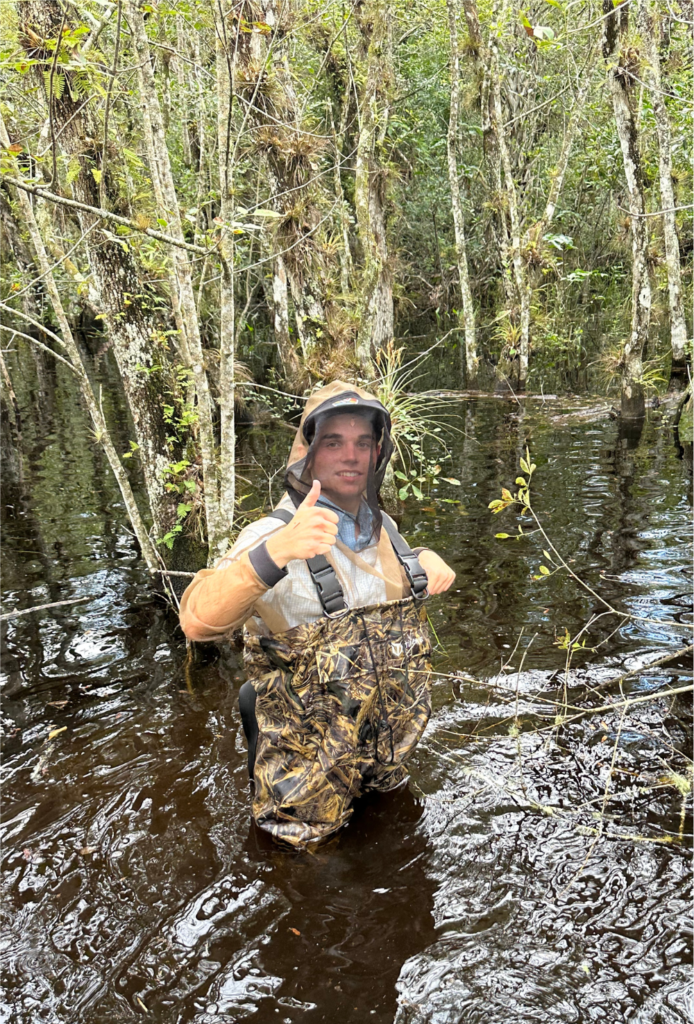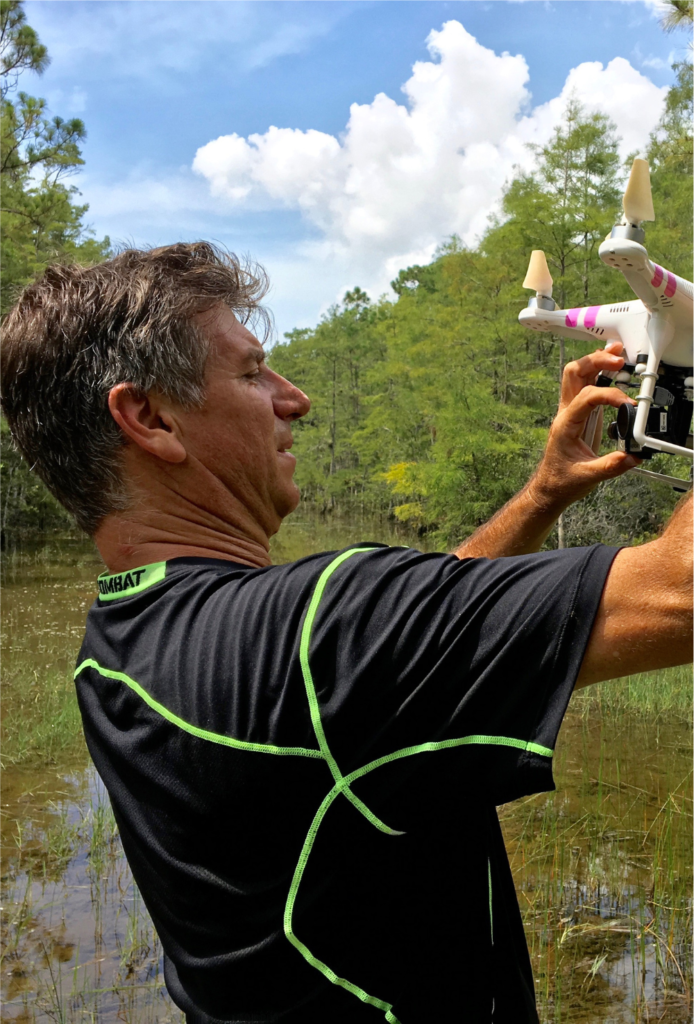[fusion_builder_container type=”flex” hundred_percent=”no” equal_height_columns=”no” menu_anchor=”” hide_on_mobile=”small-visibility,medium-visibility,large-visibility” class=”” id=”” background_color=”” background_image=”” background_position=”center center” background_repeat=”no-repeat” fade=”no” background_parallax=”none” parallax_speed=”0.3″ video_mp4=”” video_webm=”” video_ogv=”” video_url=”” video_aspect_ratio=”16:9″ video_loop=”yes” video_mute=”yes” overlay_color=”” video_preview_image=”” border_color=”” border_style=”solid” padding_top=”” padding_bottom=”” padding_left=”” padding_right=””][fusion_builder_row][fusion_builder_column type=”1_1″ layout=”1_1″ background_position=”left top” background_color=”” border_color=”” border_style=”solid” border_position=”all” spacing=”yes” background_image=”” background_repeat=”no-repeat” padding_top=”” padding_right=”” padding_bottom=”” padding_left=”” margin_top=”0px” margin_bottom=”0px” class=”” id=”” animation_type=”” animation_speed=”0.3″ animation_direction=”left” hide_on_mobile=”small-visibility,medium-visibility,large-visibility” center_content=”no” last=”true” min_height=”” hover_type=”none” link=”” border_sizes_top=”” border_sizes_bottom=”” border_sizes_left=”” border_sizes_right=”” first=”true”][fusion_text]
Chad Gillis, Fort Myers News-Press
Published 4:37 p.m. ET June 13, 2019
The U.S. Army Corps of Engineers is revising management plans that should eventually help water quality and quantity in southern Florida.
Corps officials met Thursday with the South Florida Water Management District in West Palm Beach to talk about the changes and how the agency plans to get more water to Florida Bay, which has been damaged from a lack of freshwater in recent years.
Called the Combined Operations Plan, or COP, the revisions include lumping several projects south of the Tamiami Trail into one system that will deliver water from storage areas in Collier and Miami-Dade to Everglades National Park.
“We’re still operating under a really old operational plan that doesn’t take into account dozens of projects we’ve been able to build over the past several decades,” said Lt. Col. Jennifer Reynolds, with the Army Corps’ Jacksonville office.
The new plan centers around water control structures along Tamiami Trail and south of the highway near Shark River Slough and as far south as Florida Bay.
Getting more water to Taylor Slough is a priority, too, because it feeds the eastern part of Florida Bay, which has been devastated by sea grass die-offs in recent years because of a lack of freshwater flow.
“For the environment, as we increase flows we want to keep the water in the park,” Reynolds said. “One of the reasons the project was constructed was also to supply water supply to (Miami-Dade). There’s also flood protection needs that have to be balanced.”
Sending more water south will help the Caloosahatchee River by taking more water from Lake Okeechobee.
The Caloosahatchee River and its estuary are often blown into the Gulf of Mexico by heavy Lake Okeechobee flows. The Caloosahatchee and St. Lucie rivers were artificially connected to Lake Okeechobee decades ago to drain the Everglades for farming and development.
The rivers are used as a flood plain for the big lake: water that should be going south is instead sent east and west.
Historically, that water flows south through the River of Grass, which stretches from Lake Okeechobee to Florida Bay.
“The river is an oozing River of Grass,” said board member Ron Bergeron. “It’s not the Colorado River and any obstructions in front of it will disturb the natural sheet flow. It’s a crucial step in the overall process of sending more clean water south.”
Bergeron said the water district has also been working with Florida Power & Light to remove light poles on the old Tamiami Trail, which is just south of today’s highway.
That too will help open the area up to more natural historic flows.
“We’ve been working with FPL to expedite this particular component of (the) central Everglades projectto deliver more water to the park as quickly as possible,” Bergeron said. “It may just look like a contract to remove some power lines, I think we should all recognize just how important this moment is for the Everglades.”
Cara Capp, with the National Parks Conservation Association, said her group supports the management change.
“To be able to look forward to a time when we’re going to get that high flow consistently is great,” Capp said. “And we’re excited about sending more water south.”
Reynolds said the operational plans will change again as more Everglades restoration projects are finished and activated.
“This has been a really contentious part of the system for many decades, and there has been a lot of work over the last several years with stakeholders to get where we are at,” Reynolds said. “Right now we’re at a place where everybody is satisfied with the big picture.”
[/fusion_text][/fusion_builder_column][/fusion_builder_row][/fusion_builder_container]












